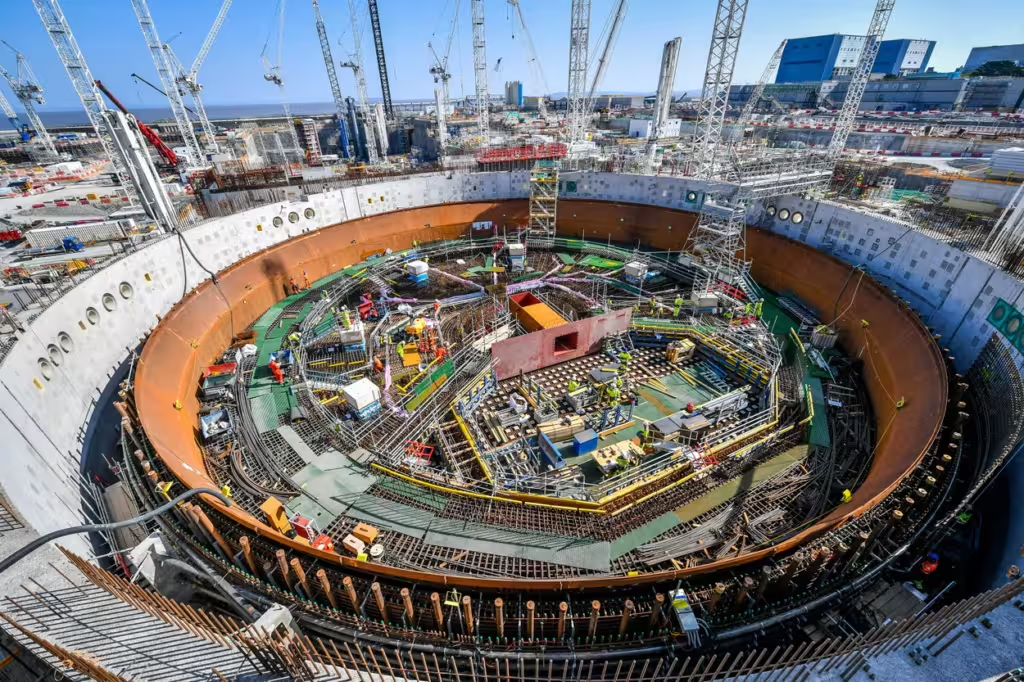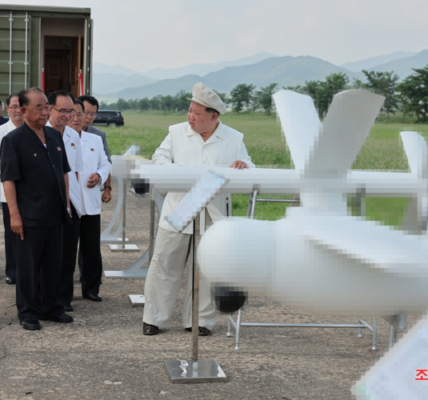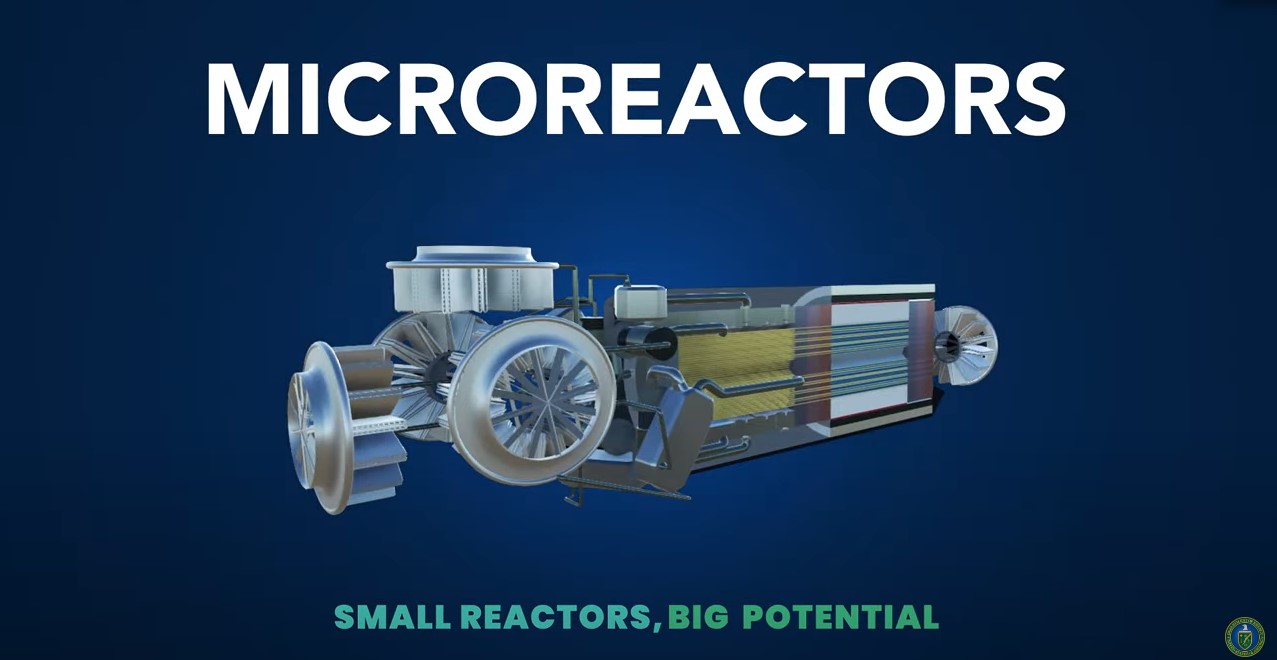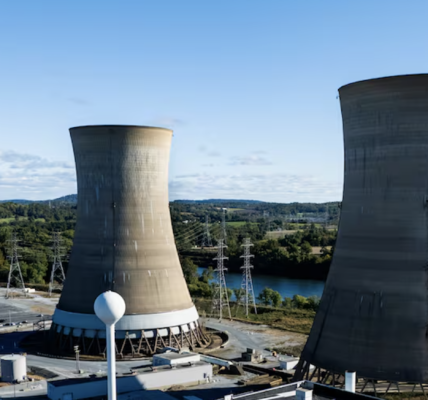UK government wants to “turbocharge” nuclear developments, says Energy Minister, Lord Hunt

The UK’s Energy Minister, Lord Hunt, says that nuclear energy remains central to the government’s strategy, with efforts underway to collaborate with international partners to expedite advancements in nuclear technology. Speaking at the World Nuclear Symposium in London, he highlighted the government is current evaluating potential small nuclear reactor (SMR) designs.
During his address, Lord Hunt said that there is growing acknowledgement of nuclear energy as a “safe, secure and low carbon” option and emphasised the challenge of translating, “what is really a revolution in the world of nuclear energy,” into tangible action.
The new Labour government, he said, shares the view that skills, support from finance and legal are needed to ensure that progress is taken forward. Lord Hunt said he is particularly proud that the UK built the first civil nuclear power station on the coast of Cumbria seven decades ago.
“Equally, we’re proud that we were the first country to endorse the Net Zero Nuclear Initiative, with its ambitious target to triple global nuclear capacity by 2050. A month later, we brought together key players at COP28 in support of that pledge, securing the backing of 25 other nations, and now, as attention turns to COP29 in Azerbaijan, let me reassure you that expanding nuclear power remains a central part of our plans,” the minister said.
He described the Hinkley Point C nuclear power station in Somerset nothing short of inspiring.
Once up and running, Hinkley Point C will provide 3.2 gigawatts of low-carbon electricity for 60 years or longer, meeting 7% of the UK’s current demand and powering six million homes. Lord Hunt said the government is also committed to its sister project, Sizewell C, and to reaching a final investment decision on Sizewell C.
“We expect Sizewall C to play a really important role in helping us achieve energy security and clean power,” he said, “while securing thousands of good skilled jobs.”
The publicly owned clean energy company, Great British Energy, Lord Hunt said, will collaborate with the Great British Nuclear Programme to drive further investment in the sector.
Officials at Great British Nuclear are currently evaluating the various bids for a small nuclear reactor (SMR) programme. Additionally, Lord Hunt said, “we’ve committed £300 million to develop a new enriched uranium supply known in industry circles as HALO and that will enable us to produce clean, green fuel for advanced reactors around the world.”
Nuclear is not an industry, he added, that you can “go it alone.” “Our success depends entirely on collaboration with like-minded partners, on sharing skills, expertise, facilities and fuel.”
The UK government is also reviewing efforts to build a resilient supply chain free from political influence as part of SAPPRO 5, a strategic partnership between the United States, Canada, France, and Japan. The UK’s Foreign and Energy Secretaries, Lord Hunt, said were also working together on a Clean Power Alliance (CPA).
The CPA is a core part of Labour’s foreign policy platform, touted to position the UK ‘at the very heart of the single most significant technological challenge and opportunity this century’. It has been described as a ‘reverse OPEC with members collaborating on supply chains and grids to keep energy prices low.
“This brings together countries at the cutting edge of climate action and the aim is to collaboratively drive down the costs of the global energy transition, “ Lord Hunt said.
It was an exciting time for the nuclear industry and nuclear, he stated is “finally getting the recognition it deserves at COP.”
“We’re seeing governments around the world waking up to its incredible potential to decarbonise and secure energy supplies and all the while supporting huge skill bases, tens of thousands of well-paid jobs. I make no apology for describing this as a great nuclear renaissance.”
Turbocharging nuclear developments, he said, “means working ever more closely with our international partners and that challenge is one that my government, alongside many other governments, are very keen to take up and take forward,”d


































































































































































































































































































